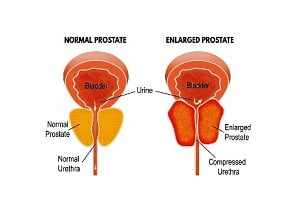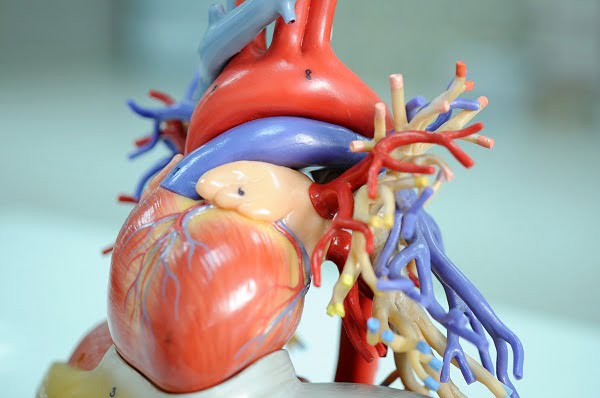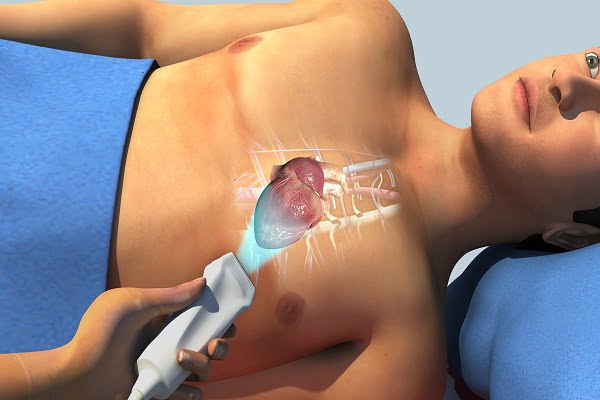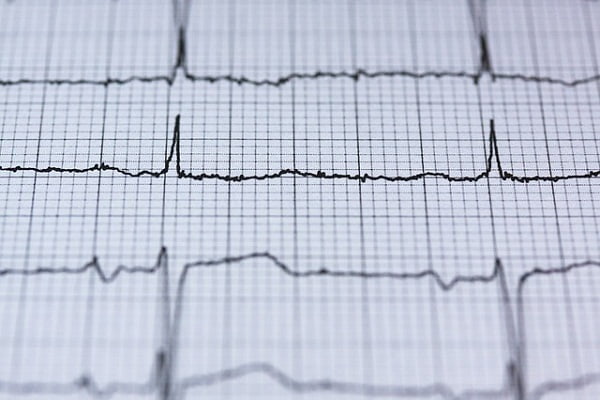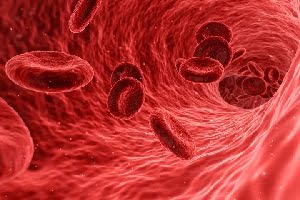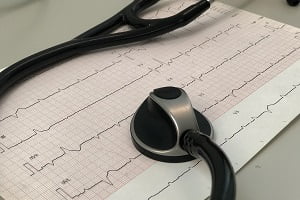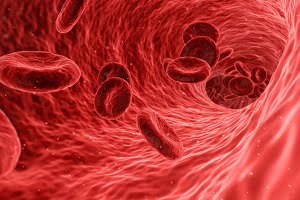Browsing: Heart

The page provides quick access to a list of common heart diseases, syndromes, health conditions, and other topics of health importance about your heart. The list is organized alphabetically. Links are provided to respective diseases sections that serve as a comprehensive and ultimate guide about the disease or health condition.
Our heart is the most sophisticated working muscle in the body. A heart beats about 100,000 times in a day. It continuously supplies oxygen and nutrients throughout the body. The heart also pumps blood to expel waste products such as carbon dioxide to the lungs, which has to be eliminated from our body.
Proper heart function is highly essential to support life. There are many types of heart diseases that can occur if the heart does not function properly or if any other organ, influencing the heart, does not function efficiently. Most heart diseases are lifelong conditions, and if experienced once, they can create problems throughout your life and sometimes can be a cause of death.
The Centers for Disease Control (CDC) states that heart disease is one of the leading causes of death in the United Kingdom, United States, Canada, and Australia. In the US, one in every four deaths occurs due to a heart disease.
Some of the common heart diseases and heart conditions are coronary heart disease, enlarged heart, heart attack, irregular heart rhythm, tachycardia, atrial fibrillation, congenital heart diseases, heart attack and hypertension. In the United States, the most common type of heart disease is coronary artery disease (CAD).
What Are the Signs and Symptoms of Enlarged Heart (Cardiomegaly)?
Symptoms of cardiomegaly depend on its underlying cause or disease. In some people, an enlarged heart causes no signs or symptoms at all. Others may have mild to severe signs such as breathing problems, palpitations, disturbed heart rhythm, fatigue, swelling etc. Heart failure may require you to seek emergency help.
What Are the Signs and Symptoms of Enlarged Prostate (Benign Prostate Enlargement or Benign Prostatic Hyperplasia)?
The symptoms of Benign Prostate Enlargement (BPE) are often mild in the beginning, but they become serious if they aren’t treated early. If the prostate becomes enlarged, it can put pressure on the bladder and urethra causing urinary problems. Common symptoms are frequent urge of urine, waking up at night frequently for urination etc.
The disease generally starts with the collection of the cholesterol in the arteries and blood vessels walls from a young…
An arrhythmia is a problem with the rate or rhythm of your heartbeat. It means that your heart beats too quickly, too slowly, or with an irregular pattern. When your heart beats too fast, it is called tachycardia. When the heart beats too slowly, it is called bradycardia.
There are many different types of cardiac arrhythmias. Premature beats are the most common type of all arrhythmia types. They are generally harmless time and often don’t show any symptoms. Supraventricular arrhythmias also called tachycardias are fast heart rates that start in the atria or atrioventricular (AV) node.
Pathogenesis of Infectious Endocarditis Infectious endocarditis is a disease caused by a bacterial or fungal infection on the heart’s endocardial…
Peripheral Vascular Disease and Erectile Dysfunction
Both erectile dysfunction (ED) and peripheral vascular disease (ED) are two different conditions. Erectile dysfunction is found in men making them unable to get and maintain an erection firm enough for sexual intercourse. Peripheral vascular disease (PVD) on the other hand is a circulatory problem in which the arteries become narrow and therefore reduce the flow of blood to lower limbs.
Pericarditis can be diagnosed through ECG. It is a painless and non-invasive test with quick results. You will be asked to lay flat on a table and chest raised a little. The patient is asked to relax for a few minutes during an ECG procedure so that the electrodes can be placed properly to give reliable results.
Life Threatening Infections of Bones due to Peripheral Vascular Disease
Peripheral vascular or arterial disease reduces body’s healing response and contributes to chronically open wounds, bone infections, and osteomyelitis, which may be life-threatening. Symptoms and signs of bone infection often appear gradually in adults.
Malignant pericardial effusion is a serious manifestation in advanced cancers like lung cancer, breast cancer, melanoma, and hematological melagnancies such as leukemia, non-Hodgkin’s lymphoma and Hodgkin’s lymphoma. It is characterized by cancers which cause extra fluid or blood to collect inside the pericardium.





